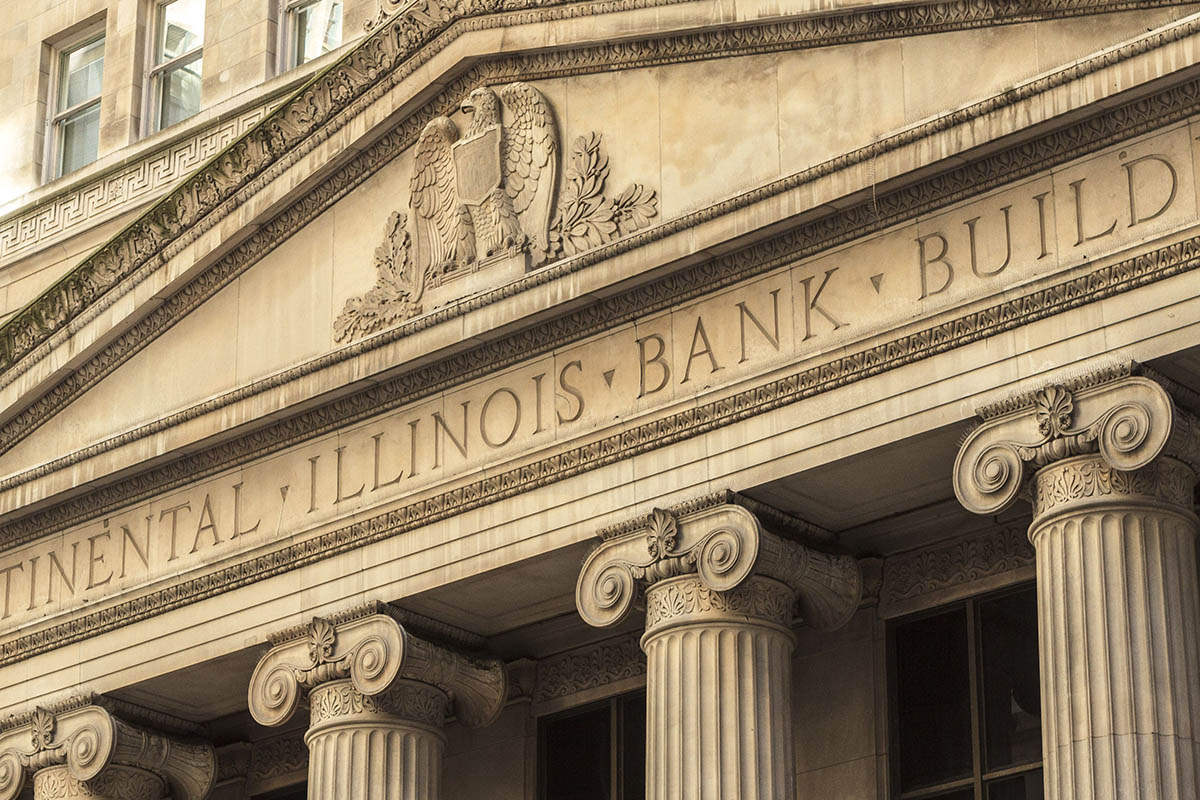The COVID-19 has created more than enough problems from a global perspective. People look up to their leaders and anticipate the next move, the next solution, or the next program to alleviate various problems created by the COVID-19 pandemic. However, successful solutions do not only come from the greatest power, this time, but our next-door neighbors have also risen to face this global crisis with ingenuity, creativity, and sustainability despite limited resources.
For instance, the desert crop farming in Mexico where Zuni people create “waffle gardens” to store water and the Subak rice terraces in Bali. One of the best examples of local initiatives comes from a ‘less developed’ nation in Latin America, specifically from Uruguay. Despite lesser wealth, they make do of what resources they have.
This led them to create a specific set of social structures that are more resilient, including a food economy, sharing networks, and cooperative arrangements. We must look at our local context to build a sustainable and more resilient economy in the face of COVID-19. We must study and analyze what will work for us rather than wait for global leaders to tell us what to do.


